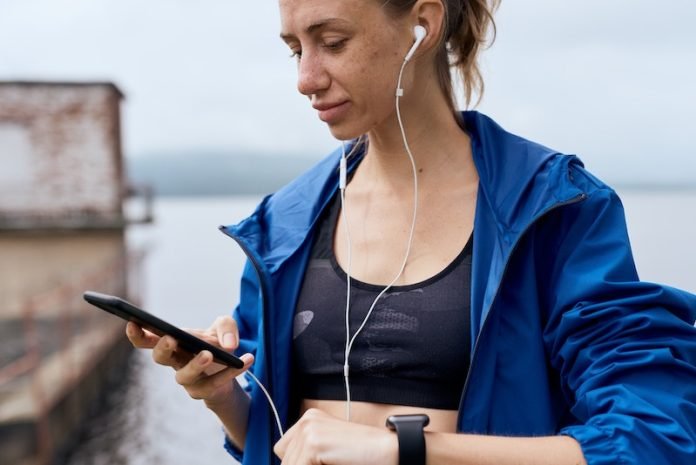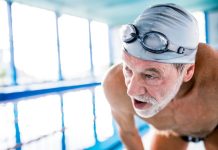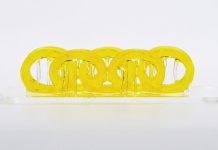
Researchers presented an innovative smartphone application at the Society of NeuroInterventional Surgery’s (SNIS) 20th Annual Meeting.
This application, powered by machine learning algorithms, can reliably identify physical signs of a stroke in patients.
The Study: Machine Learning and Stroke Detection
The research, titled “Smartphone-Enabled Machine Learning Algorithms for Autonomous Stroke Detection”, was conducted by scientists from UCLA’s David Geffen School of Medicine and multiple medical institutions in Bulgaria.
The team gathered data from 240 stroke patients across four metropolitan stroke centers.
Within 72 hours from the onset of the patients’ symptoms, the researchers recorded videos of the patients using smartphones and tested their arm strength to identify classic stroke signs such as facial asymmetry, arm weakness, and speech changes.
Methodology: Machine Learning to Analyze Symptoms
To determine facial asymmetry, the study used machine learning to analyze 68 facial landmark points. Arm weakness was evaluated using data from a smartphone’s built-in 3D accelerometer, gyroscope, and magnetometer.
Researchers identified speech changes using mel-frequency cepstral coefficients, a typical sound recognition technique that transforms sound waves into images, allowing comparison between normal and slurred speech patterns.
The smartphone app was then evaluated against neurologists’ reports and brain scan data. The results indicated that the app was sensitive and specific enough to diagnose stroke accurately in almost all cases.
Implications for Stroke Care
Dr. Radoslav Raychev, a vascular and interventional neurologist from UCLA’s David Geffen School of Medicine, expressed optimism about the app’s potential to transform stroke care.
Quick and accurate symptom assessment is crucial for stroke patients’ survival and recovery, and the app could significantly aid in this process.
This innovative application, merging technology and healthcare, could potentially change lives by providing a rapid and accessible method for detecting strokes.
The deployment of this app may revolutionize stroke care and highlights the potential of machine learning in medical diagnostics.
If you care about stroke, please read studies about how to eat to prevent stroke, and scientists find a breakfast linked to better blood vessel health.
For more information about health, please see recent studies about how Mediterranean diet could protect your brain health, and wild blueberries can benefit your heart and brain.
Follow us on Twitter for more articles about this topic.
Copyright © 2023 Knowridge Science Report. All rights reserved.



